During the Seventies, when there were very few international travelers wandering through Chile, Pedro Ibanez roamed his native country, traveling to destinations that were both remote and beautiful. These early explorations inculcated in Ibanez an appreciation of the journey itself – and particularly those travels to remote areas, where the landscape provokes psychological clarity.
The founding principle of Ibanez’s company, explora, is the conjoining of nature and indigenous cultures with physical activity – complemented by the comforts of a life well-lived. Explora’s philosophy is that “luxury is in the simple details,” which is brilliantly exemplified in all three of its properties throughout Chile. As Ibanez has remarked, explora is “privileged to be in some of the world’s most beautiful locations – and with privilege comes great responsibility.”
Located fifteen minutes from Rapa Nui’s Mataveri International Airport, explora’s Hotel Posada de Mike Rapu (Mike is pronounced ME-kay) is situated on a hill in the Te Miro Oone area at the island’s center. Built in 2007 on a 23-acre site that has no archeological remains nor any agricultural value, Hotel Posada de Mike Rapu blends into its setting much the way that a moss-covered boulder exists in a woodland setting.
Adhering to the architectural principles espoused by Frank Lloyd Wright (and numerous others), whereby a building becomes one with its environment, architect Jose Cruz Ovalle (winner of Finland’s “Spirit of Nature” award, for wood architecture) has created a building without front or back, which is as approachable from one direction as it is from any other – not unlike that moss-covered boulder.
With a stone base that evokes the ancestral ramparts of the Rapa Nui at Orongo, site of the “Bird Man” competition, Hotel Posada de Mike Rapu is structured like an altar – to nature. Each of the 26 rooms and four suites has a Pacific Ocean view – and all are blissfully free of television. Fitted with pine wood trimmings and featuring earth-colored concrete floors, the rooms average a commodious 350 square feet and include a hydromassage bath and a rainfall shower, and a separate water closet and bidet. The linens are crisp and the beds as plush as you desire after a day spent exploring the native terrain – and the overall feel is that of a great camp lodge from the glory days of the Adirondacks when J.P. Morgan built a private rail car to escape Manhattan for the bucolic pleasures of the mountains.
Throughout your stay, you’ll note the attention to detail that constitutes explora’s definition of luxury: in-house filtered water in a glass pitcher on a nightstand, a bespoke travel kit with house stationery, Belgian dark chocolate bars on the pillow, homemade trail mix and granola bars, supplemental toiletries in a kit bag, an open bar serving sashimi and ceviche, champagne and fruit at the conclusion of an exploration, freshly-squeezed juices during a hike…
And yet what lingers longest about Hotel Posada de Mike Rapu is the overwhelming friendliness and professionalism of the entire staff. Nearly every guide and more than 60% of the explora team are of Rapa Nui ethnicity – and the resultant atmosphere is as relaxing as it is edifying.
Hotel Posada de Mike Rapu is the first lodge in South America to be awarded a LEED certification, which is the just reward for explora’s commitment to sustainability and conservation. Built of volcanic stone and wood from the island, the lodge utilizes an internal lighting system to minimize disruption of the nocturnal ecosystem. The design of the lodge allows for natural airflow, while solar energy heats the Jacuzzi and showers. Rain water filters through the semi-permeable paving, and every water closet has a dual flush system. Even the bedroom slippers are biodegradable.
Transfers, lodging, food, drink, and explorations (on foot, bicycle, and horseback) are included with every stay at Hotel Posada de Mike Rapu. Sojourns commence with a three-night minimum, with four nights recommended – and, truth be told, as soon as you sink into these rhythms, you’ll be conspiring for ways to extend your stay to at least two months. There’s a solar-heated swimming pool, flanked by a Jacuzzi and open area. The ancestral sauna is evocative of a Native American teepee and fragranced by an entire ceiling of eucalyptus branches.
As for dining at Hotel Posada de Mike Rapu, each morning, Chef Rogliano César Zárate utilizes local suppliers to create a smorgasbord of the island’s bounty, including fresh papaya, avocado, fruit jams, cheese biscuits, juices, and sweet breads – while dinner might be purple sweet potato and ricotta ravioli, served with an avocado, watercress and mizuna leaves sauce, the very embodiment of spring. Daily menus are printed in-house for each meal, which highlight the local specialties and the culinary wizardry that Chef Zárate creates in the explora kitchen.
As explora founder Ibanez has remarked, “the essential is what is authentic,” and after a stay at Hotel Posada de Mike Rapu, it’s possible to imagine the impact that this sojourn will have on your own home and your own life. You’ll find yourself thinking about clarifying and simplifying and learning to breathe and see anew. You’ll look longer at what is worthwhile, savor the good and celebrate. “Every journey is also internal” – and a respite at explora’s Hotel Posada de Mike Rapu takes you back to life’s essence.

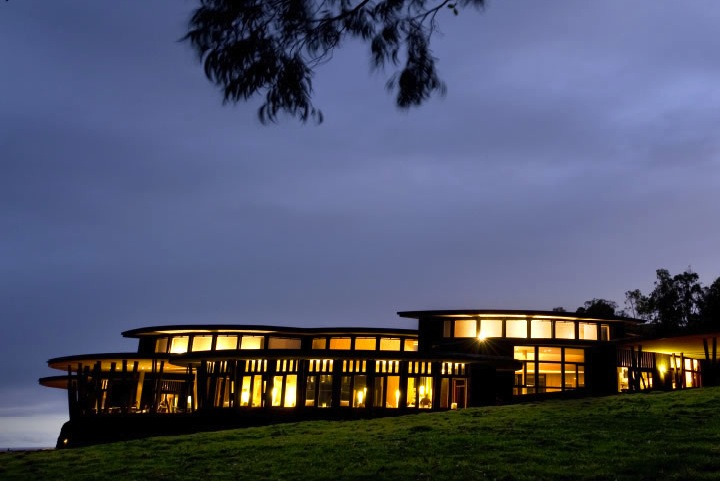
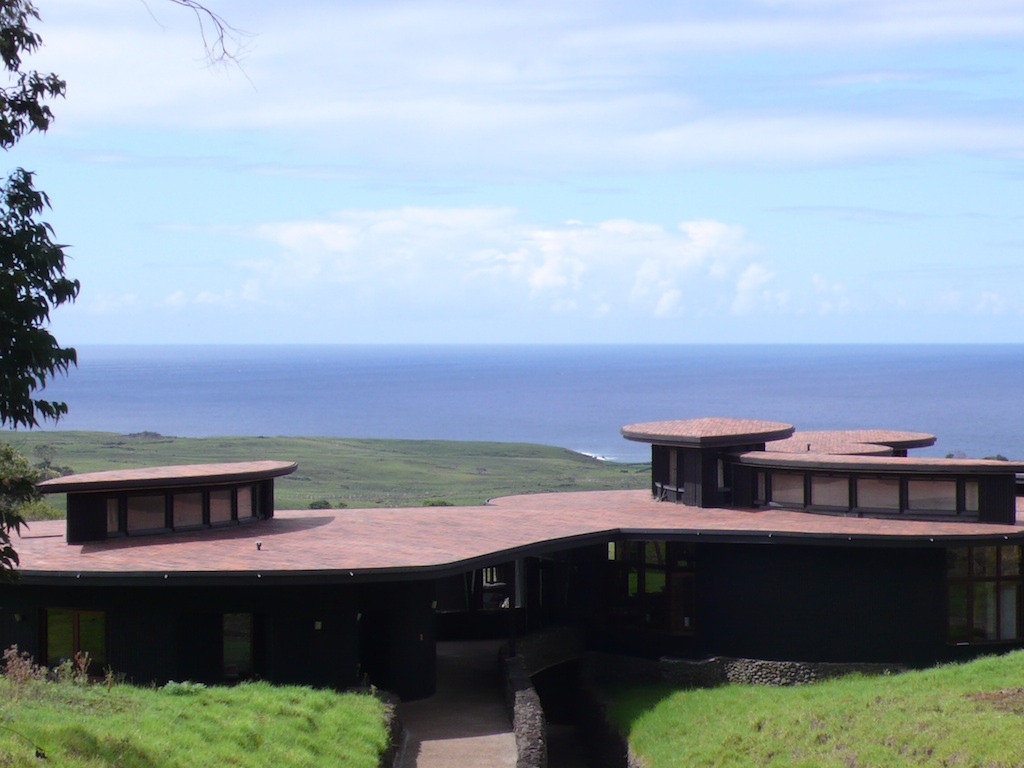
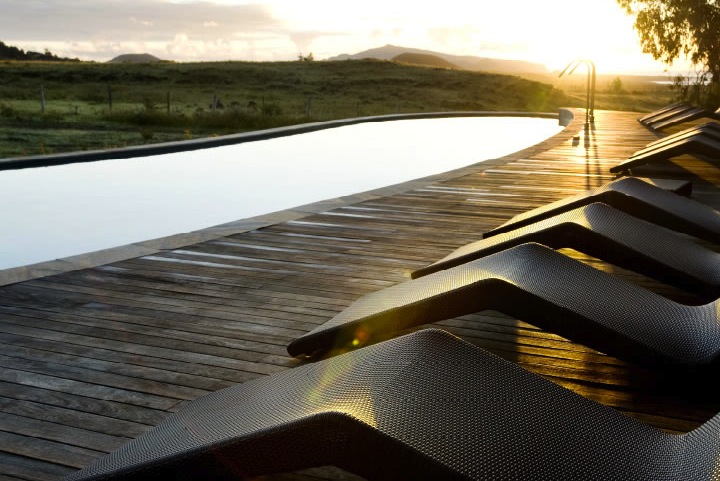
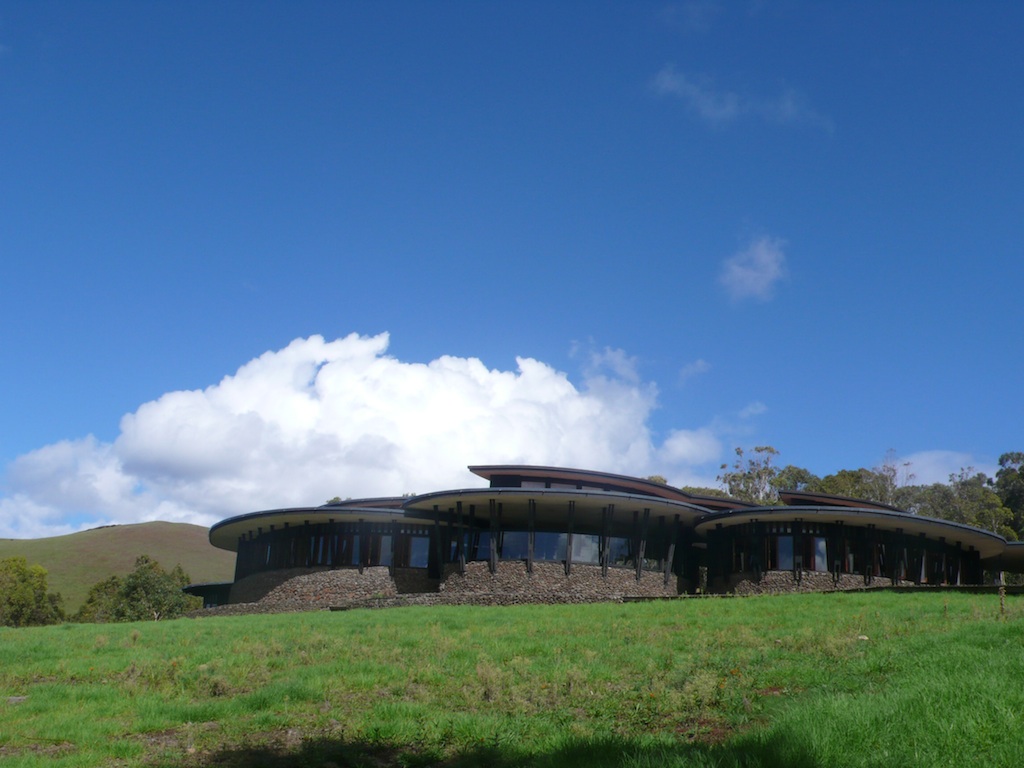
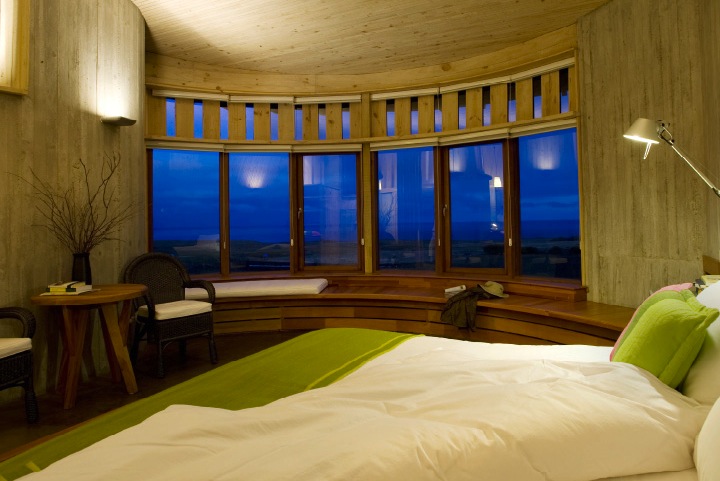

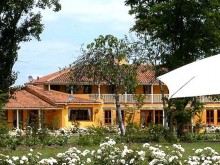
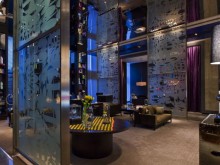
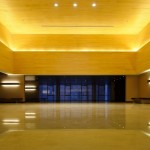

Pingback: Mark Kersteen